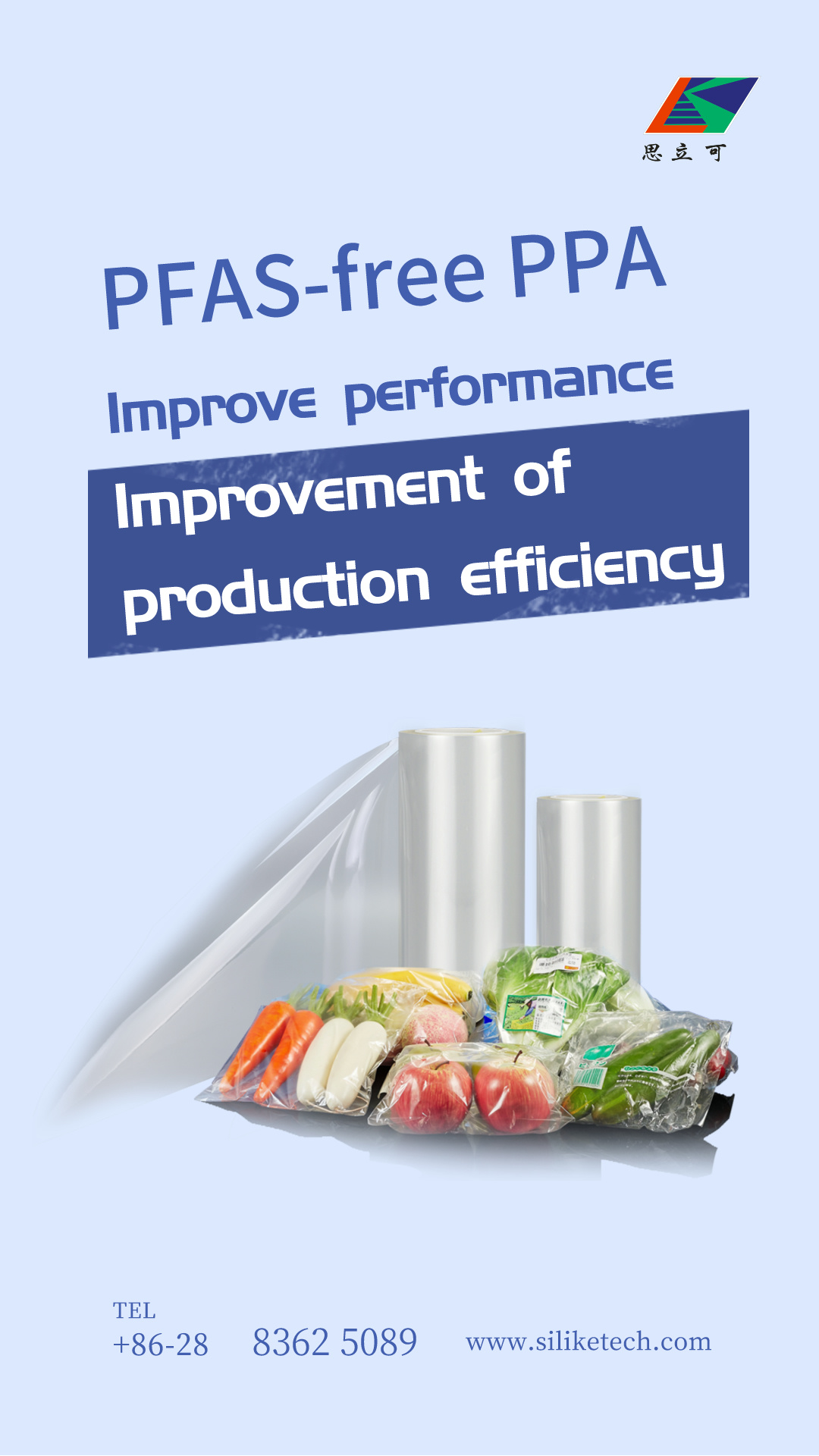Flexible packaging is a form of packaging made from flexible materials that combines the advantages of plastic, film, paper and aluminium foil, with features such as lightweight and portability, good resistance to external forces, and sustainability. Some of the materials used in flexible packaging are mainly plastic film, aluminium foil, bio-based materials, coated materials, biodegradable packaging and so on.
Flexible packaging product applications include: bags, wrap-around film, grocery bags, shrink wrap, stretch film and bottled water packaging. The unique properties of these products in terms of mechanical strength, barrier efficiency (e.g., protection of food from contamination), print tolerance, heat resistance, visual appearance (e.g., high gloss and clarity), recyclability, and cost-effectiveness are what make them stand out.
Among them, plastic films are used in flexible packaging in a very diverse range of materials, including the following:
Polyethylene (PE): including low-density polyethylene (LDPE) and linear low-density polyethylene (LLDPE), commonly used in the inner layer of food packaging materials, with good heat sealing properties and flexibility.
Polypropylene (PP): commonly used in the manufacture of film, with excellent heat resistance and chemical resistance, commonly used in the base material.
Polyester (PET): commonly used as the outer or middle layer of packaging due to its good mechanical properties and transparency, providing strength and aesthetics.
Nylon (PA): provides good barrier properties and is often used for packaging requiring high barrier performance.
Ethylene vinyl acetate copolymer (EVA): Provides good flexibility and adhesion and is often used as a heat sealing layer.
Polyvinylidene dichloride (PVDC): has very high air and moisture barrier properties, commonly used in packaging requiring long-term freshness.
Ethylene Vinyl Alcohol Copolymer (EVOH): provides excellent oxygen barrier properties as a barrier layer.
Polyvinyl chloride (PVC): used in some applications, but its use is limited due to environmental and health concerns.
Bio-based materials: such as polylactic acid (PLA), as an environmentally friendly alternative material with good biodegradability.
Biodegradable materials: are being developed to reduce the environmental impact of packaging.
Multi-layer co-extruded composite films: Multi-layer combinations of PA, EVOH, PVDC with resins such as PE, EVA, PP, etc. to provide high barrier properties.
These materials can be used individually or combined to form composite films to meet different packaging requirements such as barrier properties, heat sealability, mechanical strength and aesthetics. In flexible packaging, these materials are often combined by lamination or co-extrusion processes to form packaging materials with specific functions.
How to solve the problem of PE, PP, PET, PA and other materials in the processing of extrusion process prone to defects?
The above materials, such as PE, PP, PET, PA, etc., are prone to die mouth build-up, slower extrusion rates, melt rupture, and defective extruded surfaces during processing and extrusion. Usually, major manufacturers will add fluorinated polymer PPA processing aids to improve processing performance. However, in recent years, with the growing awareness of environmental protection and the proposed Fluoride Restriction Order, finding alternatives to fluorinated polymer PPA processing aids has become an urgent task.
Globally, PFAS is widely used in many industrial and consumer products, but its potential risk to the environment and human health has caused widespread concern. With the European Chemicals Agency (ECHA) making public the draft PFAS restriction.
In 2023, SILIKE’s R&D team has responded to the trend of the times and invested a great deal of energy in using the latest technological means and innovative thinking to successfully develop PFAS-free polymer processing aids (PPAs), which makes a positive contribution to environmental protection and sustainable development. This product ensures material processing performance and quality while avoiding the environmental and health risks that traditional PFAS compounds may bring.
SILIKE SILIMER PFAS-free PPA masterbatch is a PFAS-free polymer processing aid (PPA) introduced by Silicone. The additive is an organically modified polysiloxane, which takes advantage of the excellent initial lubrication effect of polysiloxanes and the polar effect of the modified groups to migrate and act on the processing equipment during processing.
SILIKE SILIMER PFAS-free PPA masterbatch can be a perfect substitute for fluorine-based PPA processing aids, adding a small amount can effectively improve the resin fluidity, processability, and lubricity and surface characteristics of the plastic extrusion, eliminating the melt rupture, improve wear resistance, reduce the coefficient of friction, improve production and product quality, but also environmentally friendly and safe.
SILIKE SILIMER PFAS-free PPA masterbatch has a wide range of applications, not only for plastic films, but also for wires and cables, tubes, colour masterbatches, petrochemical industry and so on.
If you are in the flexible packaging industry and are looking to improve the competitiveness of your products, you can use SILIKE’s PFAS-free PPA additives. If you are interested, please feel free to contact Ms.Amy Wang Email: amy.wang@silike.cn. Perhaps you can also browse our website to see more product information: www.siliketech.com.
Post time: Apr-30-2024






